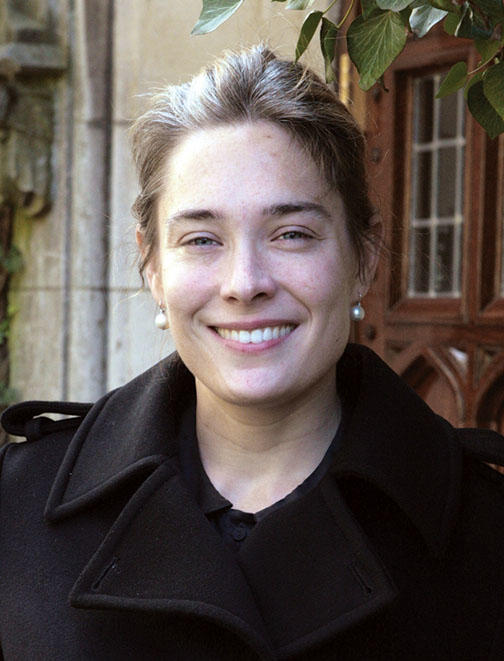From the Editor

Readers of Jason Gilbert ’09’s tale of searching for Princeton’s funniest professor, in the Jan. 19 issue of PAW, probably noticed that the eight finalists shared something in addition to a great sense of humor. They all are male.
Don’t Princeton’s female professors enjoy a good joke now and then? Can they really be more strait-laced and serious than their male colleagues?
To be fair, the PAW article surely missed a few funny professors, women among them. It mentioned two women — Melissa Harris-Perry, associate professor of politics and African-American studies, and English professor Sophie Gee — though neither made Gilbert’s final list. After publication, several people put in a plug for molecular biology professor Bonnie Bassler — a nomination seconded by an anonymous student course-guide reviewer who called her “smart, hilarious ... and again, very funny.” And the highest-ranking female professor of all — President Tilghman — often bares her own considerable wit.
Still, one wonders. A study of comments by Supreme Court justices that provoked laughter during oral arguments in the court’s 2006–07 term, reported Jan. 16 in The Washington Post, found that Antonin Scalia was the “runaway winner.” The court’s sole woman during that time, Ruth Bader Ginsburg, came in last (excluding Clarence Thomas, who did not ask any questions).
The study was conducted before Sonia Sotomayor ’76 and Elena Kagan ’81 joined the bench, but the article added that neither “has shown a propensity to go for the funny bone” in court. That might do a disservice to Kagan, who sparked laughs at her confirmation hearing when, asked where she was on Christmas Day 2009 — the day of an attempted airline bombing — she replied: “Like all Jews, I was probably at a Chinese restaurant.”
So what might be the cause of the professorial humor gap? Former Duke University president Nannerl Keohane, a Woodrow Wilson School professor who has studied leadership (but not the humor question), says it’s possible that female leaders, including professors, are less likely to risk using humor for fear that they won’t be taken seriously. She also notes that the funny professors on Gilbert’s list all were “men of a certain age” — old enough to be tenured (and therefore secure in their jobs) but young enough to know what students find funny. Perhaps, she says, women are more inclined to use gentle, sardonic, or indirect humor — which could be less evident to undergraduates.
Princeton psychology professor Susan Fiske ventures: “All humor plays a trick on someone, often the listener,” and suggests that joking could be seen as dominant — though often harmless — behavior. Fiske points to a study that found teasing was more frequent (and hostile) when initiated by high-status people and men.
And, it turns out, Gilbert did have others in mind for his list — but he felt their humor was a bit risqué for PAW. “In the end,” he says, “I couldn’t find a quote that was suitable for publication.”
— Marilyn H. Marks *86
mmarks@princeton.edu












0 Responses